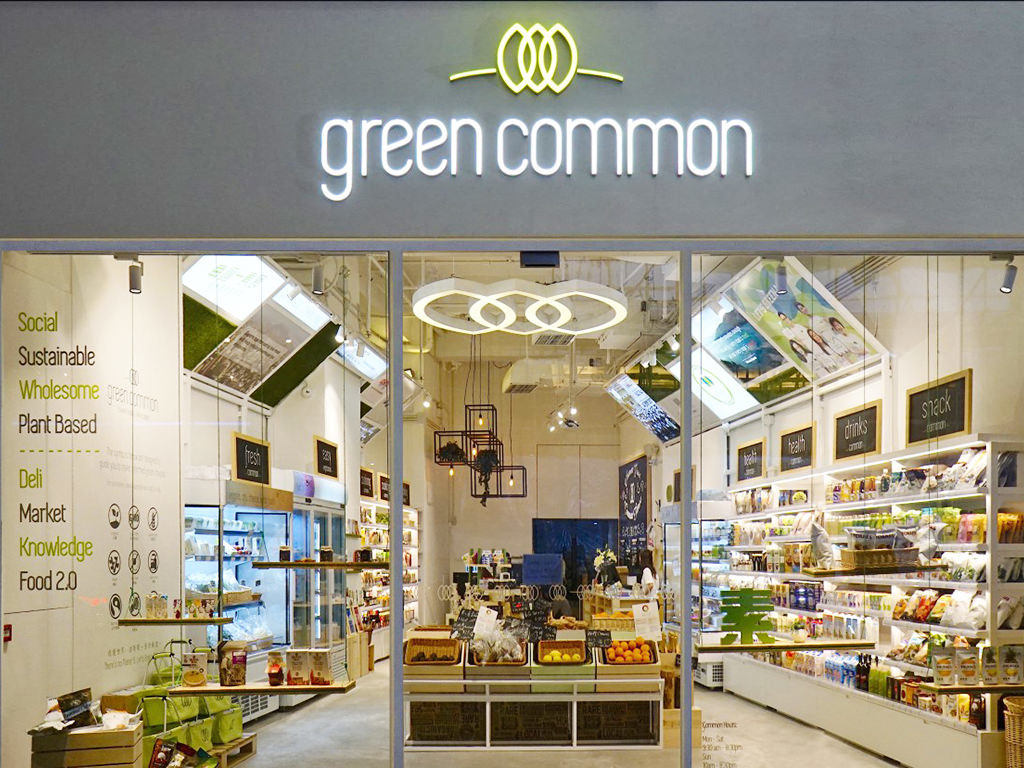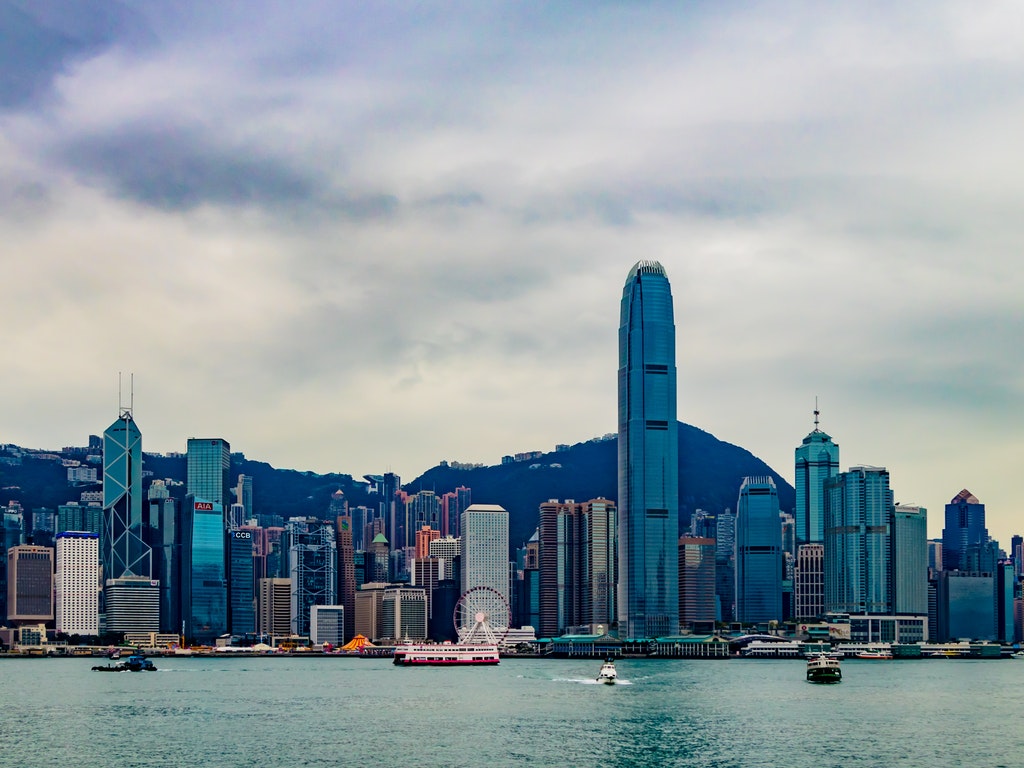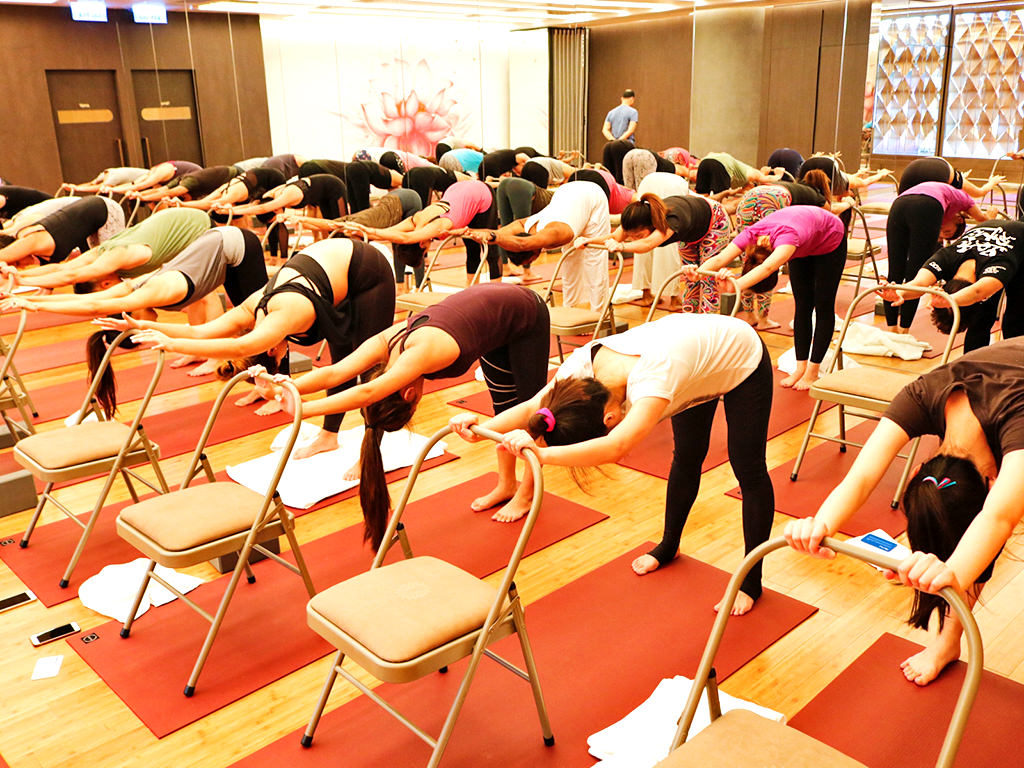8 Mins Read
This article was first published on Welltodo Global.
Once a hub for luxury consumer goods, today Hong Kong is emerging as a magnet for affluent consumers who are prioritising health over wealth.
By Laura Hill
The island might be small in stature, but as the Government doubles down on the promotion of healthy living, the ageing population continues to expand and millennials attempt to take charge of their wellbeing, it holds significant opportunities for businesses looking to capitalise on the wellness craze — and a new wave of entrepreneurs are leading the charge.
“When we first launched Green Queen and Ekowarehouse back in 2011/2012, there was barely a wellness industry here,” explains Sonalie Figueiras, Founder of Hong Kong’s largest health and wellness platform.
“There was a small holistic health scene, a few health food retail pioneers and that’s about it. So things have changed enormously. Our Green Queen Guide, a health and wellness business directory, now counts over 2,500 businesses, and every trend from the UK and the US has made its way over here.”
Hongkongers are some of the most digitally connected consumers in the world, according to GFK’s Connected Consumer Index. When you couple that with the fact the island is home to a high percentage of expats and locals who have been educated abroad, it’s not surprising the market is so quick to adopt emerging wellness trends blowing in from the West.
“Hong Kong is an interesting market because of its demographics, there’s a large international, cosmopolitan population that comes and goes, bringing with it a demand for global trends and a savvy business know-how,” explains Figueiras.
“This means that new trends catch on fast and are replicated even faster: for example, when the cold-pressed juice trend hit a few years ago, it hit hard. Suddenly there were 14+ cold-pressed juice brands across the city. The same thing happened with the boutique fitness trend — overnight, there were dozens of new studios.”
Melanie Barnish, co-founder of Genie Juicery, one of the pioneers of the juice movement in Hong Kong understands this cycle only too well.
“Consumers in Hong Kong are always looking for new things, so if you can be creative with your concept then it will be well received,” she tells Welltodo.
“However, the downside is that competition is so fierce if you start something that’s popular very quickly there will be a lot of copycats undercutting your price and quality.”
Today, the number of cold-pressed juice bars on the island has risen dramatically, and as the market becomes increasingly saturated, mirroring hotspots in the US and UK, consumers are already moving onto the next ‘big thing’, with coconut water predicted to be one of the biggest growth drivers.
Having helped to launch and grow US coconut water brand Vita Coco throughout Hong Kong, Kevin Lam, Executive Director at Sinclair, an integrated communications agency, reveals that despite the local audience having little awareness of the benefits of coconut water let alone the brand itself, by positioning Vita Coco as a must-drink healthy brand in the market, the launch has been a huge success, generating significant coverage, social media buzz and KOL engagement.
Likewise, Pret A Manger which has over 10 years of history in Hong Kong, operating 25 outlets across the island, has found similar success. The launch of its recent ‘Not Just For Veggies’ campaign, aimed at promoting the nutritional quality of its vegetarian options helped to distinguished the British brand from rising competition and recorded record-breaking sales.
From fitness operators including F5 and Orangetheory to athletic apparel retailer lululemon, the market has proven to be highly receptive to international brands.
“We opened our first showroom in Hong Kong in 2005 and were introduced to a strong community of discerning guests interested in quality, design and technicality, and keen to discover international brands,” explains Amanda Casgar, lululemon’s Brand & Community Director, Asia.
“Through our unique showroom approach and grass-roots community initiatives, we were able to build authentic relationships and connections with guests and opened our first official store at IFC Mall in June 2015. We have since opened our second and third stores at Hysan Place and New Town Plaza.”

But, while established brands position themselves for growth in the territory, what does that mean for newcomers looking to carve out a space in the market?
When it comes to the boutique fitness category at least, the presence of international franchise operations doesn’t seem to have put off new entrants. Instead, as more consumers search for environments that offer a sense of ‘community’, boutique operators are going the extra mile to win over their share of Hong Kong’s HK$2 billion fitness industry.
“It all comes down to the style of gym or fitness centre people have been seeking,” explains fitness entrepreneur and Marketing Executive for Flex Studio, Charles Temple.
“California Fitness was a huge staple in the commercial gym space. However it closed its doors in 2016 and at the same time – as it has done elsewhere across the globe – the rise of specialised studios has started to infiltrate the scene. This has been embraced particularly in Hong Kong as rents are very high and the non ‘big-box’ gyms don’t need so much space. These types of studios also offer a more curated workout experience,” he adds
In fact, despite a handful of high-profile operations including JV Fitness and Epic MMA Club being forced to close, premium, boutique offerings are on the rise.
Karen Lim and Mylène Mackay, who launched specialist barre studio Barre 2 Barre in Hong Kong back in 2012, have expanded their operation to include a second studio in Singapore, while the brand’s BarreAmpedtraining center (located in Hong Kong) continues to grow in strength. Goji Studios is scaling up quickly, with the opening of multiple locations in both Hong Kong Island and Kowloon, while Flex Studio Founder Heather Thomas Shalabi, says the Pilates brand has its eye on expansion within specific markets.
“We’re developing a model for two studio formats: a full Flex Studio with three complete studio rooms including a fully equipped Pilates room and a second model that will house only group studios, to be situated in “secondary” markets,” she tells Welltodo.
Currently, the brand has around 25,000 registered clients across its Central and One Island South studios, and the business is expected to grow by 12-15 percent annually, reveals the entrepreneur.
However, despite the market’s upward trajectory, finding affordable, suitable real estate is a hard challenge to navigate. “We’ve seen many businesses (not limited to fitness) fold in less than a year because they could not meet the rental costs each month,” says Mylène Mackay, co-founder of Barre 2 Barre.
To overcome this, many entrepreneurs are sharing spaces, building pop-ups and taking a collaborative approach. “There are daily events aimed at connecting fellow business owners so it’s really easy to meet other entrepreneurs and access resources for an early stage startup (Hong Kong has loads of free talks & workshops for up-skilling),” comments Figueiras.
The Busy Woman Project is just one platform helping to connect, inspire and empower individuals in the local community, whilst focusing on boosting wellbeing, and co-founder Jaslyn Koh agrees that the collaborative spirit within Hong Kong’s wellness entrepreneurship community is thriving. “Just like the West, certain coworking spaces have been integral in forging connections and building the ecosystem,” she says.
Through The Busy Woman Project, Koh has ambitions to have a positive impact on the lives of entrepreneurial women both professionally and personally — positioning the platform as a way to combat the mental and physical conditions associated with Hong Kong’s ‘work hard, play hard’ mentality.
One of the main problems associated with this dynamic is that busy individuals spend a lot of time outside of their homes, but find it tough to connect and build real relationships outside of bars, she argues — an issue that hasn’t gone unnoticed by Hong Kong’s mall owners, who have spotted the demand for the creation of meaningful communities in social spaces that already exist.
Pure Yoga opened a studio in at Pacific Place mall in September of last year targeting workers in the island’s financial district, while the K11 mall in Kowloon recently launched an “experiential zone for nature and craft, featuring organic produce stores and a “farm to table” restaurant.
“Hong Kong shoppers want an experience,” Rebecca Woo, operations director (Hong Kong) at K11 Concepts told The South China Morning Post.
“Wellness concepts have become popular with shoppers because they are not only looking for functional outfits for sports but also personal enhancements through body and mind experiences. Wellness is in what you see, what you eat and what you experience.”
Building on this philosophy of wellness being what you see, eat and experience, consumers on the island are also starting to become more conscious about how their lifestyle choices are affecting the wider world.
“This year there has been a big switch towards the zero waste lifestyle, so we’re seeing bulk, packaging-free grocery stores opening and an increase in plastic-free lifestyle retailers,” argues Figueiras.
“Hong Kong is also undergoing a shift in eating patterns, meaning the demand for plant-based food is growing — there’s been a strong vegan F&B push and we’re seeing lots of new vegan concepts,” she adds.
Green Monday, a Hong Kong-based social enterprise group that promotes and enables green, healthy and sustainable living is on a mission to create a platform that empowers every person to make a difference, starting from a simple change in diet towards more plant-centric.
Founder David Yeung argues that Asia has been relatively lagging in this movement, but with Hong Kong looked upon as a trustworthy food and wellness trend-setter for Greater China and even Asia, it’s up to brands and entrepreneurs in the territory to come up with products, services or experiences that fit the local and regional palate and preference.
According to Yeung, Green Monday has successfully transformed the food scene and industry in Hong Kong, since launching six years ago — the vegan/vegetarian/flexitarian population has skyrocketed to 22% of the entire city, he argues.
Meanwhile, “Green Common has become a huge hit as well as a go-to partner for leading food tech brands such as Beyond Meat and JUST. In addition, a rising number of restaurants and food companies are now investing efforts and resources to introduce plant-based menu items and products,” he tells Welltodo.
The stigma surrounding veganism will take some time to overcome, he admits. But as millennials become more conscious and educated, for brands that can create innovative products with a core message that fits the needs of the local audience, a sweet spot exists.
“There is a tremendous opportunity for food manufacturers and retailers to lead a healthy movement by providing the products and services that consumers want and need,” argues Eva Leung, Managing Director, Nielsen Hong Kong and Macau.
And, if Hongkongers feel that those products and services are boosting their overall health, they’re willing to pay a premium price for them.
Image credits: Pexels (lead), Green Common & Pure Yoga.






